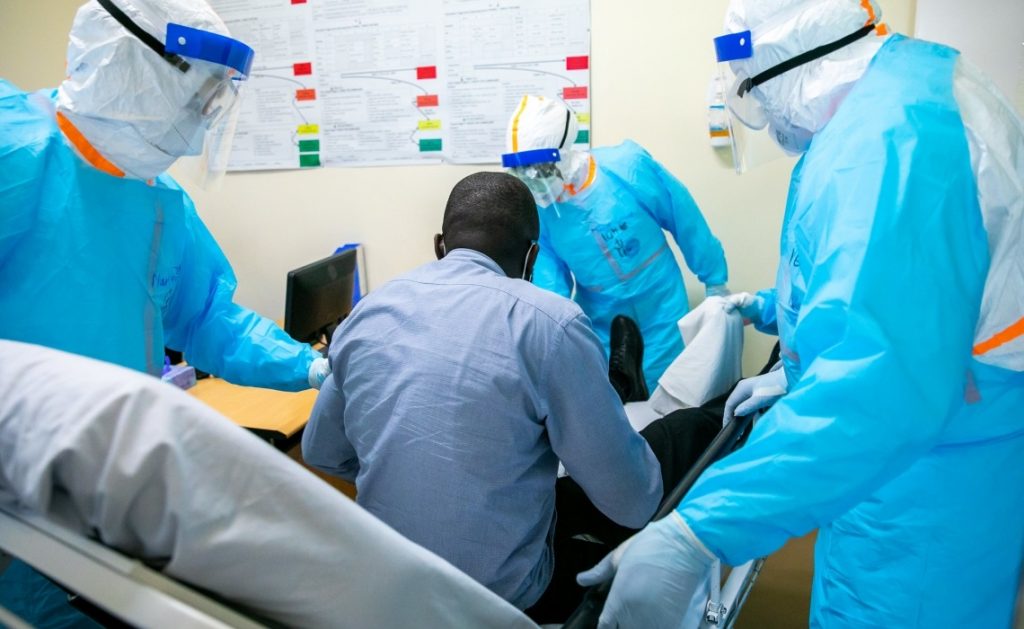
Tanzania has rejected the World Health Organization’s (WHO) claim of a new Marburg virus outbreak in the country’s northwest.
The WHO had reported nine suspected cases in the Kagera region, including eight deaths, over the past five days.
However, Tanzania’s Health Minister Jenista Mhagama clarified that after analysis, all samples from the suspected cases tested negative for the Marburg virus.
Mhagama emphasized that Tanzania had strengthened its surveillance and disease monitoring systems, assuring the WHO and other international bodies that they would be kept informed of any developments.
The country experienced its first Marburg outbreak in March 2023, in the Bukoba district, which claimed six lives and lasted nearly two months.
Marburg virus, an infectious disease similar to Ebola, causes symptoms like fever, muscle pain, diarrhea, vomiting, and severe blood loss that can lead to death.
WHO Director-General Tedros Adhanom Ghebreyesus cautioned that more cases could emerge as disease surveillance improves in the region.
He confirmed that healthcare workers and other patients were being closely monitored, with rapid response teams deployed.
The WHO also noted that the risk of the virus spreading in Kagera remains “high” due to the area’s status as a transit hub connecting Tanzania with the Democratic Republic of the Congo, Uganda, Burundi, and Rwanda.

However, the WHO advised against travel or trade restrictions at this stage, stating that the global risk remains “low.”
The Tanzanian health minister mentioned that laboratory results had ruled out the Marburg virus, but she did not specify how many suspected cases had been investigated.
In December, Rwanda had declared its Marburg outbreak over after 66 cases and 15 deaths.
With no specific treatments or vaccines available, the Marburg virus is transmitted through fruit bats and bodily fluids from infected individuals.
Source-BBC





